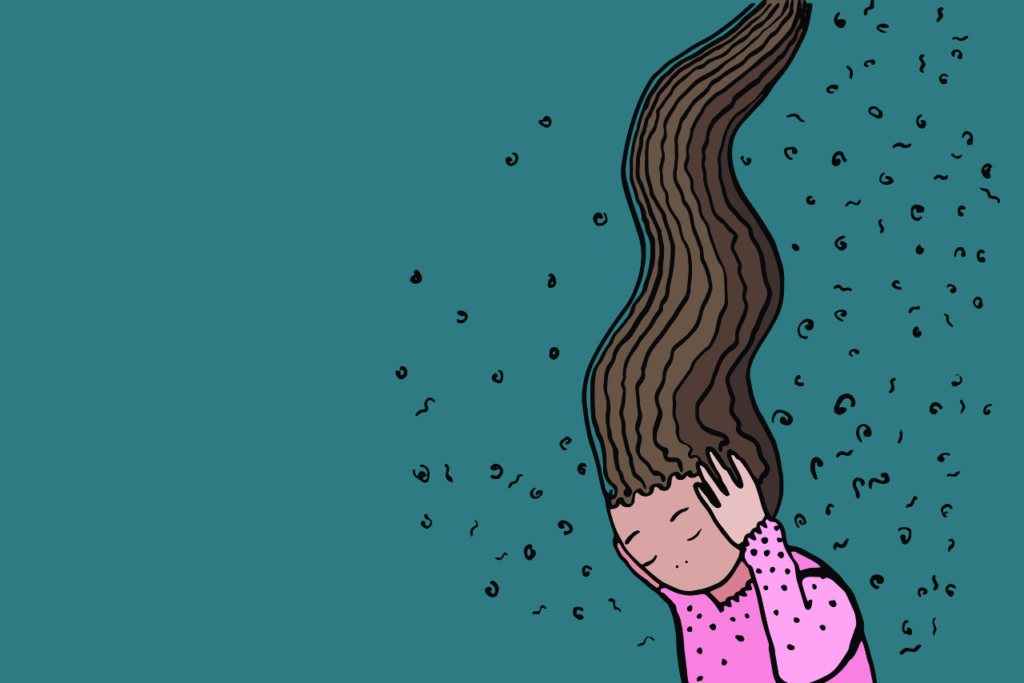
“If you force yourself to forgive before you have fully felt and moved through the layers of anger and hurt, it will not be a clean and true forgiveness, but a hypocritical form of bypassing and suppression.” ~ Corey Mu Scala
Not long ago I was invited to a birthday party and I was really excited to go. But then I learned that someone I no longer dated—a former best friend—would also be attending. This news stopped me in my tracks.
This is more than just an “ex-friend.” She used to be one of the most important people in my life, but that changed when I went through a traumatic experience with a narcissist. When I needed her most, she wasn’t there for me. Instead, she remained silent and offered no support as I endured gaslighting, invalidation, and manipulation.
Getting over the narcissist was clear and necessary, but recognizing that my best friend was no longer safe for me was much harder. It took over a year of soul searching, emotional processing, and painful physical symptoms to accept that the relationship was no longer healthy.
So I declined the party invitation and explained to my friend that for my own well-being I needed to skip the event. But instead of understanding, I heard a lecture on forgiveness. “You need to listen to what the other person has to say,” she said. “There are two sides to every story.”
Her words stung me. Not because I didn’t think about forgiveness, but because they erased the boundaries I worked so hard to establish. Why do others feel the need to challenge our decisions when we try to protect ourselves?
The problem of prescriptive forgiveness
In our culture, forgiveness is often seen as the ultimate solution to pain. We see this in inspirational quotes and self-help advice:
- “Forgiveness is your choice moving forward.”
- “Not forgiving is like drinking poison and expecting the other person to die.”
- “Rejecting forgiveness keeps you tied to the past.”
While these ideas sound sensible, they often oversimplify the complex process of treatment. Forgiveness is not always something you can do on your own through will. For those who have experienced profound trauma, the mind and body are not always aligned. You can tell yourself to forgive, but your emotions and physical reactions may resist.
A more compassionate perspective
The turning point for me came when I discovered Teal Swan’s different definition of forgiveness:
“When you experience deep trauma, the focus should not be on forgiveness, but on healing by making the decision and experiencing the opposite of the hurt. As you heal and find love, safety, and protection elsewhere, Forgiveness often comes naturally as your inner turmoil resolves itself.
This changes everything. It reminds me that forgiveness is not something you force; This is what flows naturally as healing occurs. And healing often requires us to focus on what is missing from the experience of hurt.
How to support someone in recovery
When a friend or loved one shares their pain, the best thing you can do is meet their immediate needs without asking for forgiveness or reconciliation. Instead, take action to help offset the harm they’ve experienced:
- If they feel unsafe, help them feel safe.
- If they feel ignored, listen deeply.
- If they feel betrayed, show them loyalty.
- If they communicate a boundary, respect it.
- If they feel ignored, validate their emotions and experiences.
- If they feel abandoned, be consistent in your life and live in the moment.
These actions lay the foundation for healing and make forgiveness, if any, real and meaningful.
let’s change the conversation
The next time someone shares their struggles, resist the urge to offer forgiveness. Instead, focus on understanding their needs and providing real support. Healing does not come from empty clichés; It comes from connection, empathy, and the act of repairing what is broken.
Forgiveness is not a prerequisite for healing. This is a by-product of it. When it happens naturally, it is more powerful than anything forced or prescribed.
![]()
About Kate Pageman
Kate Pejman is an engineer, climate change advocate and founder Kindness Series. Through candid interviews and personal stories, she explores the intersection of authenticity, connection, and freedom in life—examining what we lose and what we gain along the way. You can find her at www.thebenevolentseries.com. You can find her on Instagram.
Join the conversation! Click here to leave a comment on the site.

